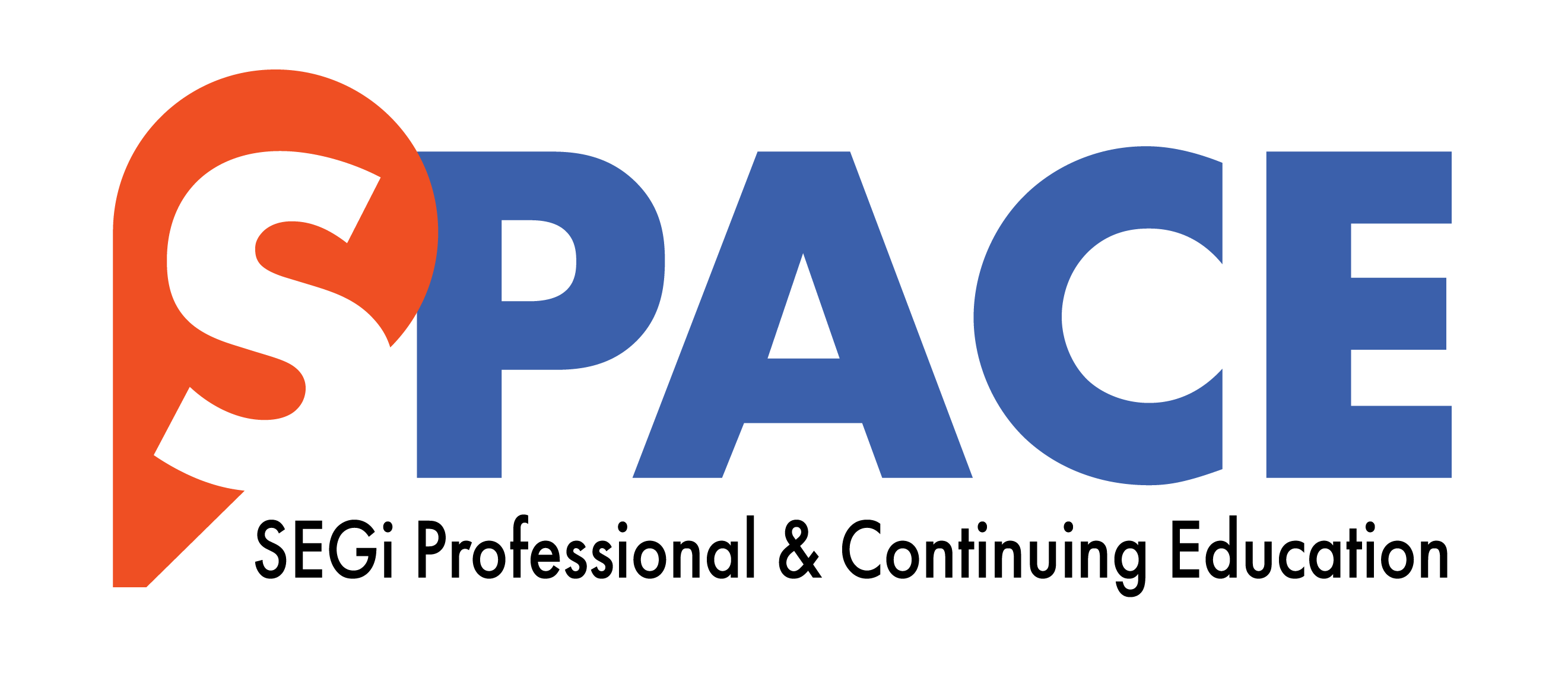Flexible Learning That Enhances Your Potential
Micro-credential certification in Corporate Finance FIN4136 (BAF)
This module is designed to enable students to gain an understanding of the corporate finance. The asset valuation, theory of capital markets and capital structure, payout policy, mergers and acquisitions, risk and return and sources of finance especially crowdfunding and alternative lending are vital to the success of any business and this module will give students a key insight into the theory and practice of Corporate Finance. The quality of Corporate Finance plays a major role in the overall financial performance, growth and survival of a business.
Note: Subject relates to Bachelor of Accounting & Finance
 This programme is designed, delivered, assessed and awarded by SEGi University through the SEGiUniDigital Platform.
This programme is designed, delivered, assessed and awarded by SEGi University through the SEGiUniDigital Platform.
Entry Requirements - No
Age Experience - 19 Years Above
Language Proficiency - Yes
Numeracy Proficiency - No
Pre-requisites - No
- Introduction To Corporate Finance
- Asset Valuation - Valuing Projects And Firms
- Theory Of Capital Market/ Capital Asset Pricing Model
- Investor Behaviour & Capital Market Efficiency
- Capital Structure In A Perfect Market
- Payout Policy
- Mergers And Acquisitions
- Risk Management
- Short Term And Long Term Source Of Finance
- Risk & Return - Capital Market & Pricing Of Risk
Assignment 1 - 30%
Midterm - 20%
Final Examination - 50%
- Bachelor of Accounting & Finance
Upon successful completion of this Bachelor of Accounting & Finance programme and meeting the necessary entry requirements, students will be able to progress into the following programme(s):
- Master of Financial Planning
- Master of Accountancy
- Master of Business Administration (Global Business)
- Master of Business Administration (General Management)
Students should be able to appraise the risk profile of firms; specifically, be able to estimate the costs of capital, including debt and equity capital using financial data.
